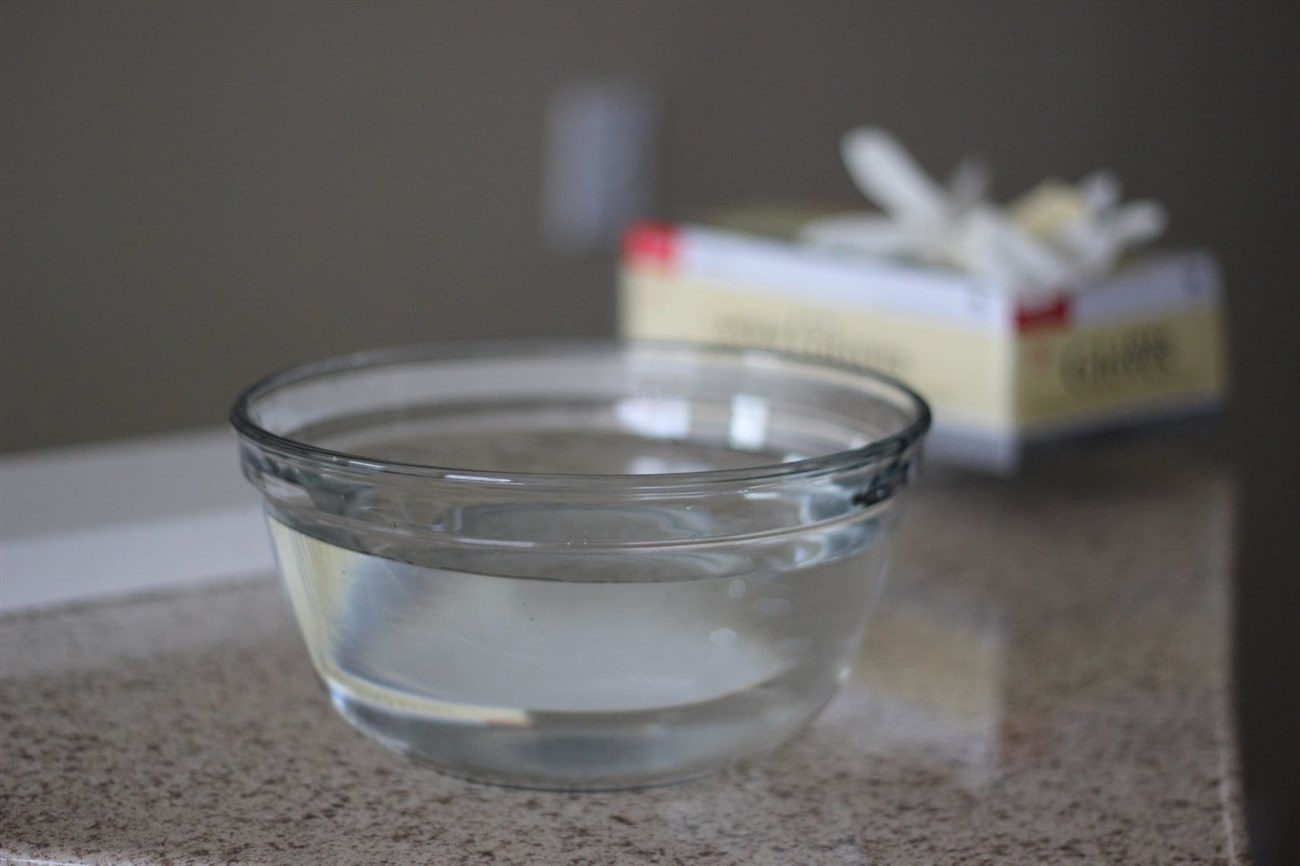1. Why is it necessary to maintain humidity in an air-conditioned room?
Using air conditioning lowers humidity levels, which can have negative effects on health, such as dry skin, dry eyes, and difficulty breathing.
Air-conditioned rooms with low humidity disrupt the natural moisture balance, resulting in the following side effects:
- Dry eyes, causing frequent blinking, fatigue, and difficulty with tasks that require good vision.
- Dry and cracked skin, accompanied by uncomfortable itching.
- Irritation of the nose, dry sinuses, and breathing difficulties.
In addition to the impact on health, insufficient moisture can lead to the growth of bacteria, mold, and damage to equipment. However, it is important to note that moisturizing should be done only on hot and dry days!

2. How to maintain the proper humidity in an air-conditioned room
Use an air purifier with a humidifying function
When using an air conditioner, consider purchasing an air purifier with a built-in humidifier. Most air purifiers come equipped with this function.
This allows you to easily choose and install the humidifying function in the room, especially on dry summer days. It helps to clean the air from dirt and bacteria while improving dry skin and eyes.
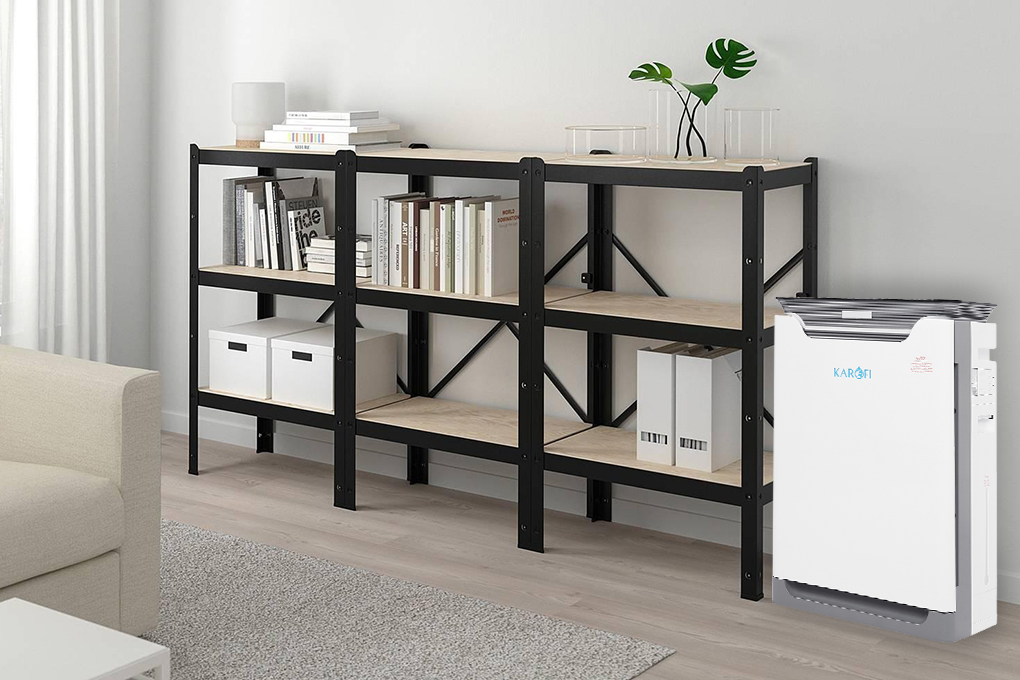
Use moisturizing mineral spray
Regular use of air conditioning can make the skin dry and flaky, regardless of whether you have dry or oily skin. The most effective way to counteract this is to provide the necessary water and minerals to keep the skin smooth and hydrated.
Using a moisturizing mineral spray is a safe method for maintaining moisture levels in an air-conditioned room. You can use these sprays to rebalance the skin’s moisture without worrying about them being greasy.
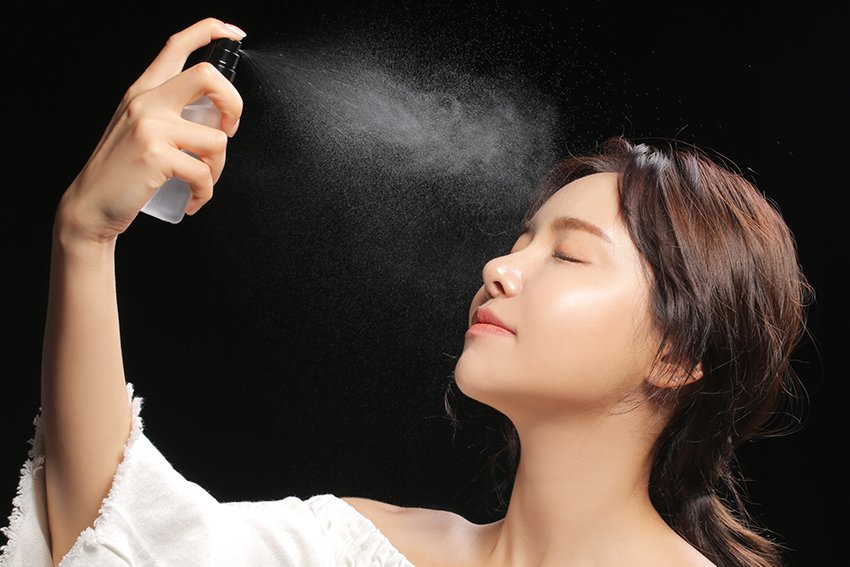
Clean the house before using the air conditioner
The humidity in the room decreases when the air conditioner is turned on. However, if you clean the house before using the air conditioner, the air humidity in the room increases. This helps to keep your health safe and limit the growth of bacteria.
Using the air conditioner after cleaning the house will help maintain a more balanced and comfortable humidity level in the room.
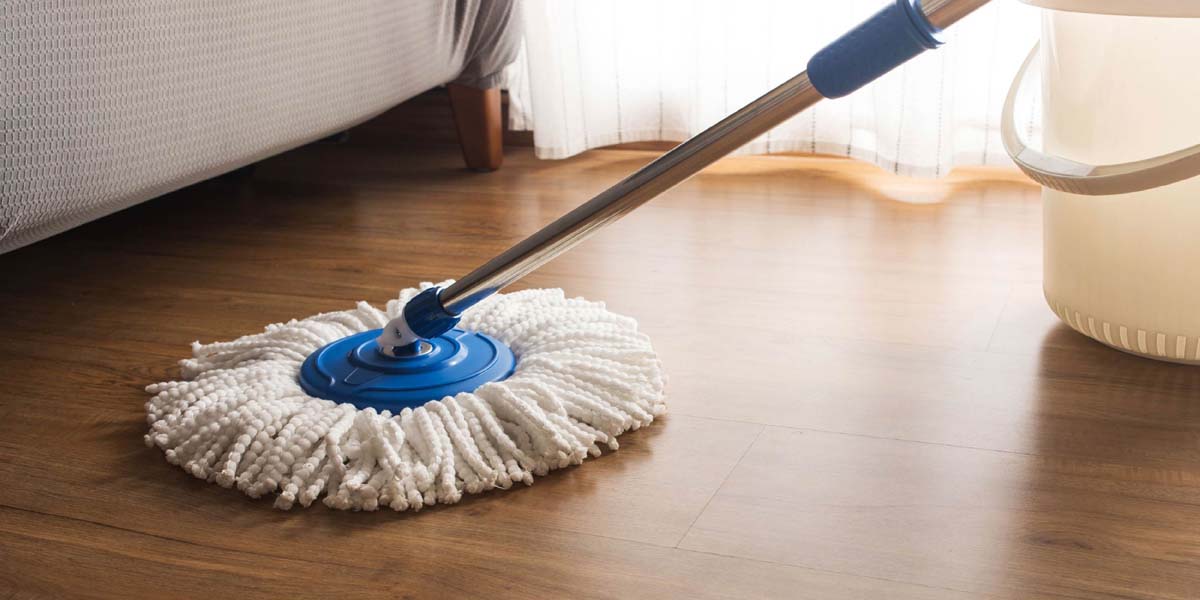
Avoid using the air conditioner in Dry mode
The Dry mode in an air conditioner, usually used in wet seasons or when the humidity is low, can also be used when you want a stream of dry cold air.
On hot, dry days, use the Cool mode to help maintain a stable humidity level in the room. Limit the use of Dry mode during the night and summer to protect your health and avoid excess moisture.
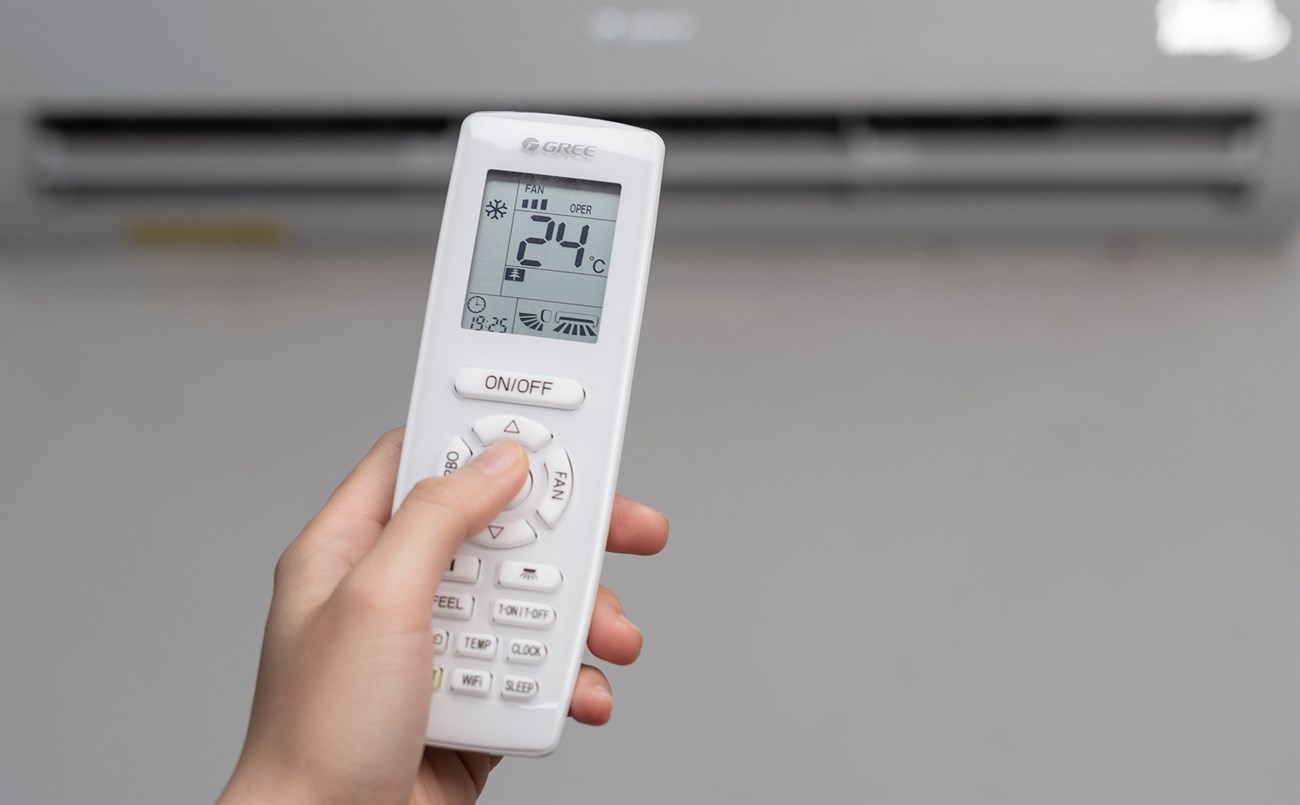
Place a basin of water in an air-conditioned room
Placing a basin of water or water bottle in an air-conditioned room can help maintain humidity levels. You can also add a few petals or a few drops of essential oils to the water to create a pleasant fragrance and aesthetic for the room.
Use air conditioners in combination with mist humidifiers
Using small mist humidifiers helps maintain balanced humidity levels in the room when the air conditioner is turned on. These small humidifiers are usually priced at a few hundred thousand.
To avoid excessive humidity in the room, which can lead to the growth of mold and bacteria, only turn on the humidifier for short periods, around 15 minutes, and with a gap of about 2 hours between each use.
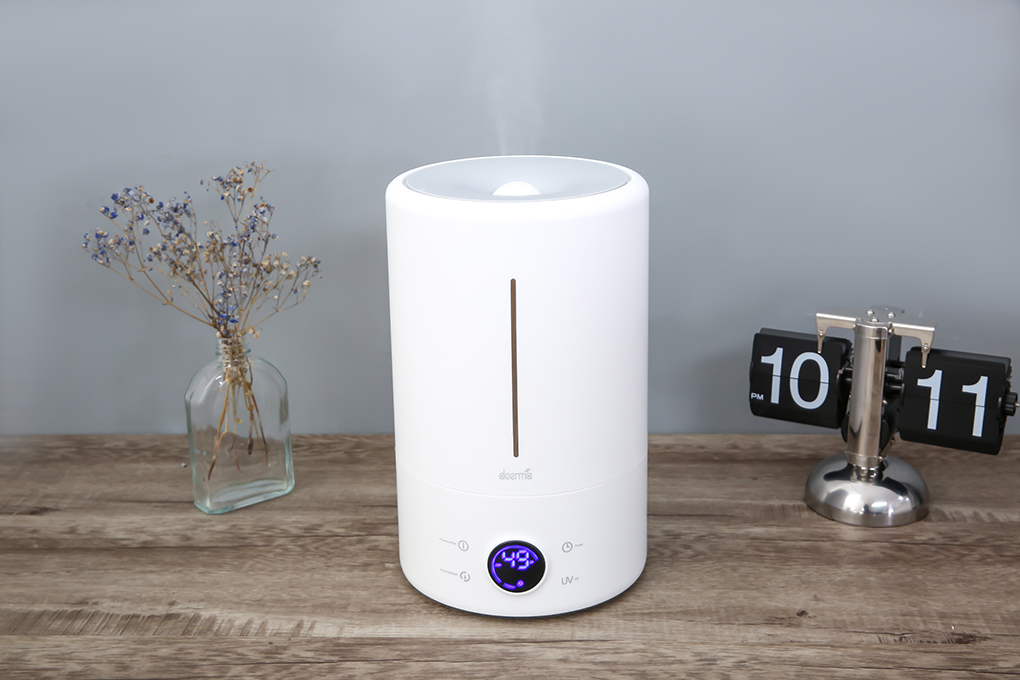
Use air conditioning with skin protection function to control humidity
With an air conditioner that has a skin protection function, you can comfortably stay in the air-conditioned room for long hours without worrying about dry and less elastic skin. This mode ensures a stable humidity level.
In this mode, the air conditioner releases water molecules to provide timely hydration to the skin, keeping it healthy while maintaining good air ventilation in the room.
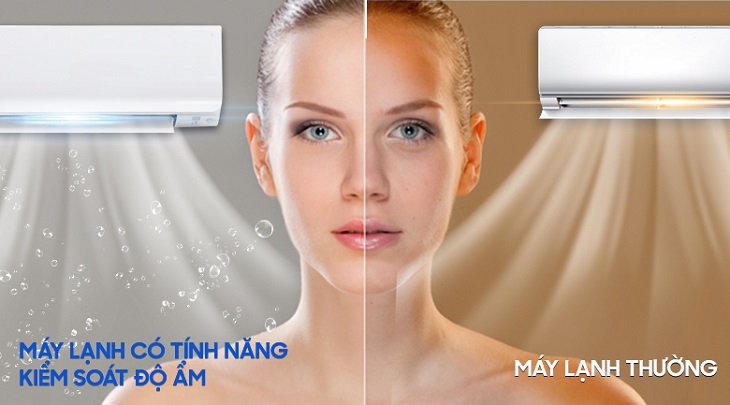
3. Some notes for regular occupants of air-conditioned rooms
For individuals who often spend time in air-conditioned rooms, the following notes should be taken into consideration:
- Drink plenty of water, apply moisturizer to the skin, include vegetable oil and fish oil in your daily diet, and use facial masks to hydrate the skin.
- Avoid excessive humidity, as it can cause breathing difficulties, damage electronic devices, promote bacteria growth, and have adverse health effects.
- Use clean water for providing humidity, keep the living environment clean, and reduce the influence of bacteria.
- Only humidify air-conditioned rooms or on dry days; no need to provide additional moisture on rainy or humid days to avoid excessive humidity.
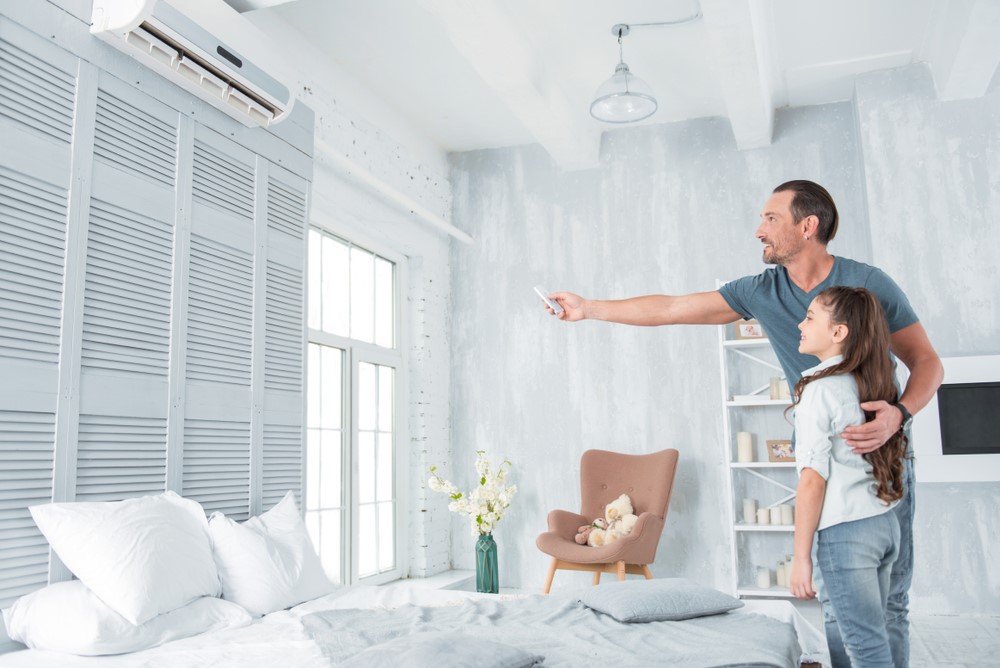
Above are the methods of humidifying a room using air conditioning that we would like to share with you. If you have any questions, please leave a comment below!


























